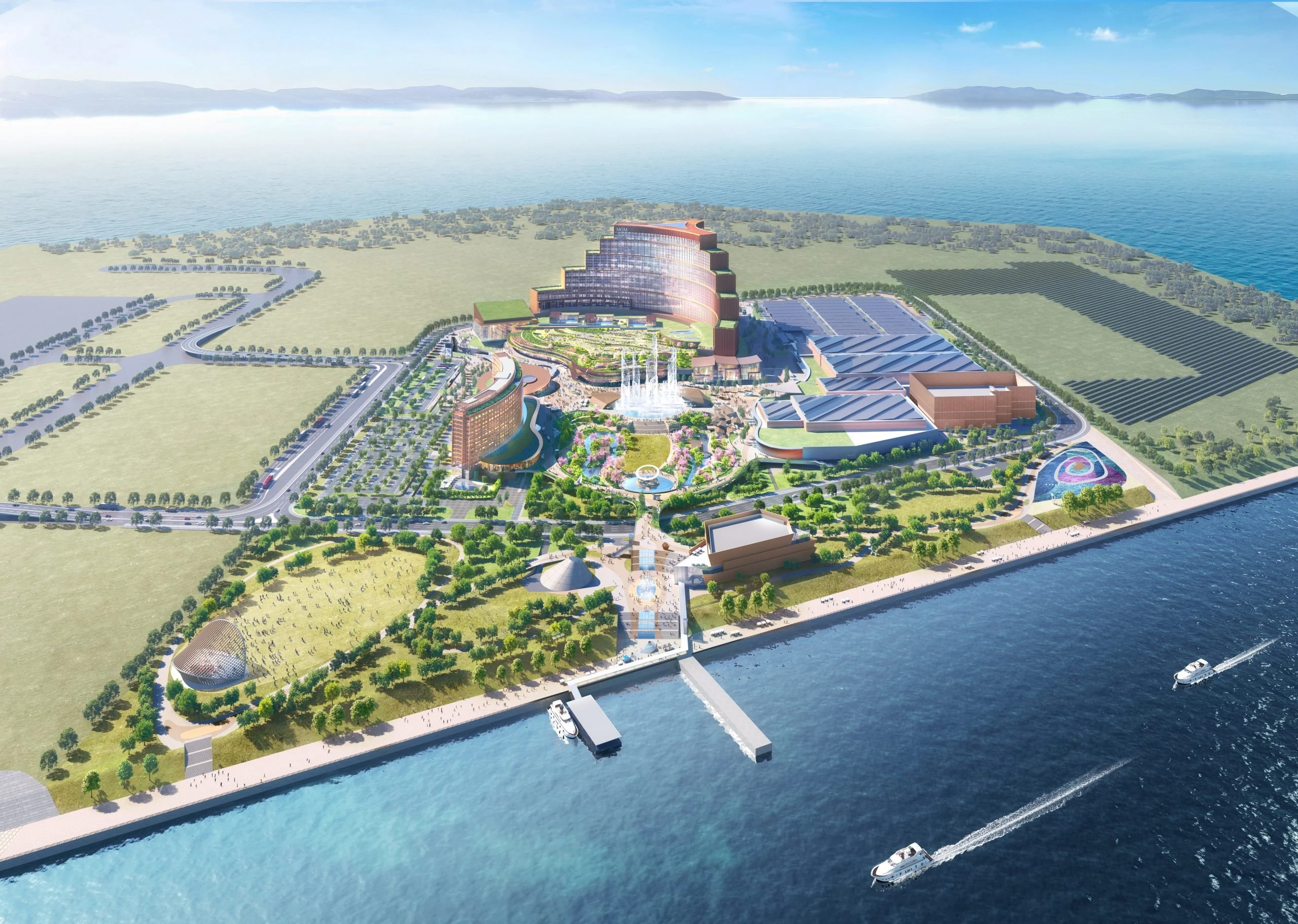Japan reportedly to resume IR licence bidding

The Japan integrated resort industry is showing signs of life.
Local media there report that the Japan Casino Regulatory Commission, which awarded only one of three available IR licences in 2023, will reopen the application process in the coming year.
Japan first approved legal casino complexes in 2018. In the first flush of excitement, giddy analysts predicted the market could achieve gross gaming revenues up to $40 billion a year.
But Covid-19 sent potential investors into survival mode, and interest in the market withered. The plodding nature of the bidding process and an onerous regulatory structure didn’t help.
In 2023, the government awarded just one of three IR licences to MGM Resorts and its Japanese partner, Orix Corp. MGM Osaka, an $8.9 billion development, broke ground on Yumeshima Island last month. It is set to open in 2030.
Getting back to business
Hopes for a fresh bidding process revived last December, when the Diet approved the appointment of new gaming commissioners.
Former prosecutor Takafumi Sato, who helped develop the regulatory framework for Japan IRs, was named chairman. Junichi Kakimizu, a former head of the National Tax College, also came on board. Psychiatrist Michiko Watari was reappointed as commissioner. They joined sitting members Hirofumi Kitamura, a former law enforcement official, and economics professor Keiko Ishikawa.
Are operators still keen on Japan? In 2020, the Las Vegas Sands Corp bowed out, saying the investment did not justify the potential return. In 2021, Wynn Resorts and Melco walked away from bidding in Yokohama when an anti-casino mayor took office.
The Hokkaido Shimbun reports that an unofficial government survey found “several prefectures, including Hokkaido … are ‘interested’”. In the past, Hard Rock International set its cap for Hokkaido, the second-largest island in Japan, along with Mohegan Gaming and Rush Street.
But Tokyo could be the pearl above price. With a population of 37 million, the capital drew almost 20 million international visitors and more than 540 million domestic travellers in 2023.
Osaka IR is the barometer
Steve Gallaway, managing partner at Global Market Advisors, says investor interest will hang on the performance of MGM Osaka. If that IR succeeds, “there will be a push for additional development”.
Future operators in Japan would do well to model the Osaka approach, writes gaming analyst Howard Jay Klein on the financial news website Seeking Alpha.
He described MGM Osaka as the “first true mega ‘city within a city’ property, challenging the new age of brick-and-mortar scale as an answer to the growing incursion of online betting”.
The sprawling complex will have three hotels with 2,500 rooms “addressing three basic customer segments”. It will also offer 68,000 square metres of meeting and convention space; a shopping mall, spa and 3,000-capacity theater; and more than 14 restaurants.
Although the casino takes up just 3% of gross area, in such a large complex that still means a 69,700-square-metre gaming floor with 6,400 slot machines and 470 table games.
MGM executive: Everybody wins
Speaking on Wednesday at G2E Asia in Macau, MGM President of Global Development Ed Bowers said the project will be an economic windfall for the prefecture, contributing $1.1 billion annually to Osaka’s economy through taxes and entry fees. “Additionally,” he said, “it’s expected to generate approximately three-quarters of a billion US dollars for Japan’s national government.”
If additional bidding resumes, MGM will retain “first mover advantage” for at least five years after opening, at least to 2035, Klein observed.
“Osaka’s first mover position will be pure gold.”
